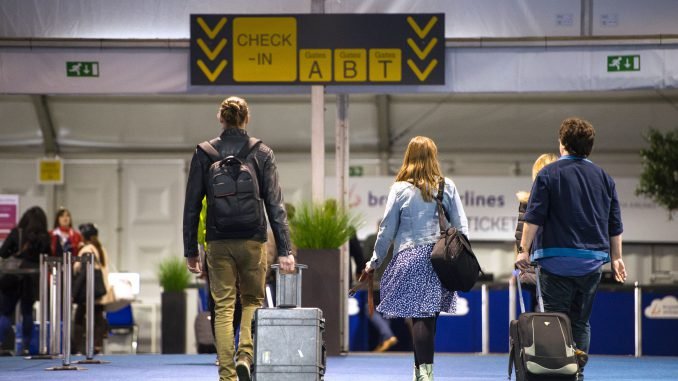
“The trend is not a pleasant one, because, from a formal point of view, the economy is recovering. If the economy determines migration, then with the economy recovering, emigration flows should slow down,” Vincentas Vobolevičius, an associate professor at ISM University of Management and Economics, said.
“On the other hand, we see very significant inequalities in Lithuania and this recovery is, to some extent, due to the economic indicators of Vilnius, Kaunas and other major cities,” he said.
Figures from Statistics of Lithuania show that the number of emigrants from Lithuania grew by around 10,000 in the first half of 2017 compared with the same period last year.
Ramūnas Vilpišauskas, director of the Institute of International Relations and Political Science at Vilnius University, says that there were no objective reasons that the increase in the emigration figures could be directly attributed to, noting that the security situation in the country did not worsen and the economy grew.
“The only economic reason is rising prices and the resulting decline in the purchasing power for some people. This is reflected in sociological surveys, too: a Eurobarometer survey of last autumn shows that Lithuanians differ from all other EU nationals in that they are particularly concerned about rising prices. That could be the key economic reason,” he said.
Indrė Genytė-Pikčienė, chief analyst with DNB Bankas, says that emigration could be also driven by the Brexit process.
“It is believed if you emigrate now, you will be able to stay there (in the United Kingdom) and that it will be more difficult to emigrate later. This uncertainty may seem to be the last chance to leave for the UK,” Genytė-Pikčienė said.
“Another thing is the Lithuanian mentality, a sense of dissatisfaction with the existing situation and the thought that life is better elsewhere”, the economist said.
“I think, however, that this will bring benefit in the long run, because after seeing more of the world, people change their attitude to their homeland and a significant part of them come back or think about coming back in the future,” she added.
According to the statistics office, 37,731 people declared their departure from Lithuania in January through June this year, up from 21,248 who did so a year earlier.
Based on preliminary data, 45.8 percent of this year’s emigrants left for the United Kingdom. Another 12 percent went to Norway, 8.5 percent to Germany, and 7.1 percent to Ireland.

Be the first to comment